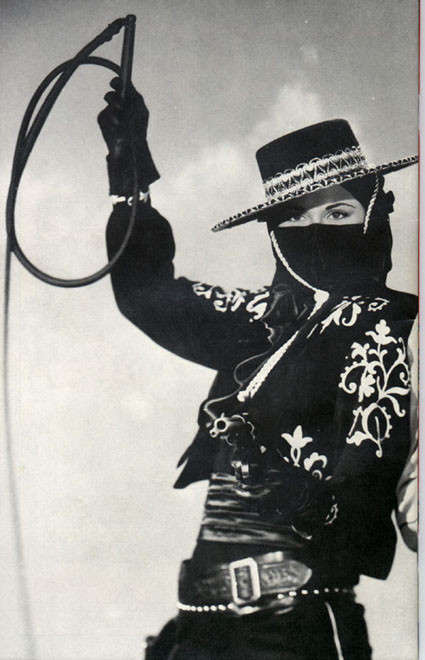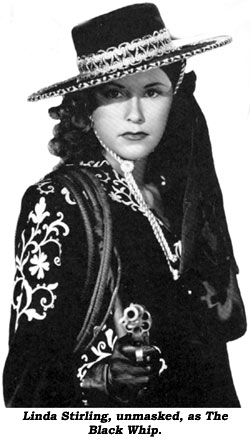By Sikivu Hutchinson
In the critically acclaimed film The Visitor Walter Vale, a white Connecticut College economics professor, burnt out from a moribund academic career, forms an unlikely friendship with a young immigrant couple who have illegally sublet his Manhattan apartment. The friendship unfolds when he allows the two to stay in the apartment until they find other living arrangements. The male half of the couple, a Syrian conga drum player named Tarek, encourages Vale to take up the drums after he surprises Vale playing them one afternoon. The movie’s plot focuses on the young man’s incarceration in a New York detention center and Vale’s increasing involvement in his circumstances, culminating in a tentative romance with his mother Mouna. After seeing the movie recently at a Westside theater, an older white woman sitting next to my spouse and I leaned over and asked him how he liked the film. Perhaps feeling expansive after the movies’ theme of interconnectedness, and seeing that we were an interracial couple, she volunteered that she thought Barack Obama has “opened up a lot of things.” Looking around at the nearly lily white theater, snug in the heart of one of the most real estate rich enclaves in the state, the irony of the woman’s pronouncement couldn’t have been more thunderous.
The title of the film plays on the vagaries of living in a city riven by deep disparities of race, class and residency, in which people of color are shut out of gentrified Manhattan where studio apartments can command $2000 and up. Yet for some, the film, like the Obama candidacy, may be seen as a metaphor for possible transcendence of and redemption from America’s racist legacies. A fish out of water cum male midlife crisis story, the film evokes the shopworn narrative of the emotionally vacant WASP transformed by a brush with the culture of the emotionally vibrant Other. Vale’s growing fascination with Tarek and the world of street percussion players underscores how desolate his overly intellectualized world has become. After Tarek is jailed for being in the country illegally Vale hires an immigration attorney, growing increasingly frustrated with the Orwellian machinery of the detention center. When Tarek is deported Vale takes his drum down into the subway and plays on the platform, signaling a rejection of his decidedly unexamined life. Like Vale, an insulated white man jolted awake to a world he had the privilege of being oblivious to, many white Obama supporters are attracted to his campaign’s emphasis on relationship-building and multiculti commonality as an antidote to racial injustice. Obama is a salve for those who would like to believe that the U.S. has gotten beyond the messy entanglements of segregation. Indeed, how can it not be so if for the first time in history the U.S. may be poised to elect a president who cannot claim the race and class privileges of full citizenship as his birthright? Citizen Obama, Harvard pedigree notwithstanding, would be hard pressed to rent or buy a home on the Westside, would be more likely to be profiled by the gendarmes of the Santa Monica PD, shadowed by a department store security guard in a chi chi boutique and suffer the everyday indignity of a Hillary Clinton lookalike’s purse grabbing nausea in an elevator on his way out. Given these paradoxes what exactly would an Obama presidency uncommitted to eradicating the very divisions in wealth and power that sustain our national “tale of three cities,” of illegal subletters, non-citizens and the landed gentry really open up?
Sikivu Hutchinson is a Los Angeles-based writer and editor of blackfemlens.org, an online journal of feminist criticism. She is also a contributor to The WBAI Radio Womens Show in New York City.
AGORA: Dragged from her chariot by a mob of fanatical vigilante Christian monks, the revered astronomer was stripped naked, skinned to her bones with sharp oyster shells, stoned and burned alive as possibly the first executed witch in history. A kind of purge that was apparently big business back then.
.jpg)
CRITICAL WOMEN HEADLINES
Subscribe to:
Post Comments (Atom)




















No comments:
Post a Comment